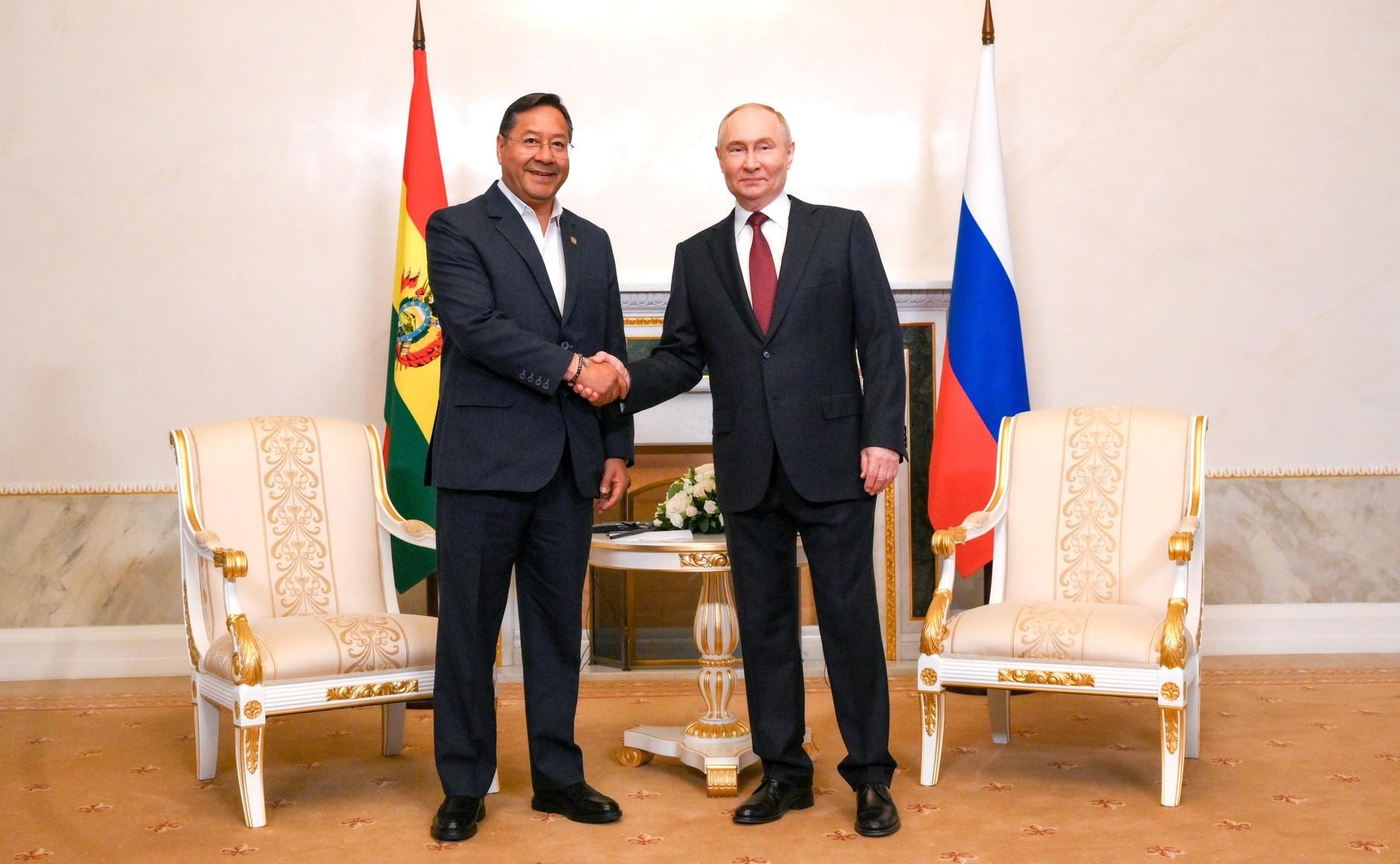
The Kremlin Sets Insuperable Preconditions to Meeting With Zelenskyy
The Kremlin Sets Insuperable Preconditions to Meeting With Zelenskyy
Russia is downscaling its buildup of military forces in Ukraine’s vicinity after three weeks of an elaborate war scare. The Russian pullback under way since April 22, however, is neither complete nor irreversible: a repeat buildup of forces around Ukraine is anticipated for September with Russia’s Zapad-21 military exercises. The Russian demonstration of force (and its expected recurrence) has achieved its intended political effect: highlighting the imbalance of power and imbalance of resolve between Russia and the West in this theater and the wider region.
The war scare has sent Ukrainian President Volodymyr Zelenskyy sliding down from the mid-point of his learning curve about Russia back toward the low starting point of that curve: a delusional yearning to “end the war” and “bring peace” through a direct arrangement with Russian President Vladimir Putin. In his April 20 video address, Zelenskyy proposed that he and Putin “meet at any location in Ukraine’s Donbas” (i.e., regardless of whether in Ukrainian-controlled or Russian-controlled territory), without indicating what purpose such a meeting could possibly serve, and without Western involvement (see EDM, April 22).
Meeting with Putin has been a goal in itself for Zelenskyy all along as well as a defining objective of Yermak’s efforts in the “Normandy” (Russia, Ukraine, Germany, France) process of negotiations. Zelenskyy was hoping for a summit in that multilateral setting to frame his meeting with Putin. The Kremlin’s war scare, however, has now induced Zelenskyy to solicit a direct meeting with the Russian president, bypassing “Normandy.”
Even before the threat of war arose, however, Zelenskyy had already cracked under pressure on March 26, when Russian or proxy troops killed four Ukrainians on the frontline in the east. Zelenskyy’s instant reaction resembled that of August 7, 2019, after those same forces had killed four Ukrainian soldiers overnight (Ukrinform, August 6–8, 2019). On that occasion, a visibly shaken Zelenskyy telephoned Putin the morning after, asked his counterpart to restrain “the other side,” agreed with Putin to open a regular negotiating channel between Zelenskyy’s trusted advisor Andriy Yermak and the Kremlin, and started a series of unilateral concessions to Russia.
In a repeat performance on March 26, 2021, Zelenskyy had Yermak call the Kremlin to request a Zelenskyy-Putin telephone conversation. Putin, however, declined to pick up the phone and proceeded to concentrate Russian forces near Ukraine’s borders. Zelenskyy’s office disclosed the failed overture to Putin on April 11 and 12, apparently following repeat attempts to reach the Kremlin leader (Censor.net, April 11, 12).
On April 19, in a Normandy group video-conference at the level of top diplomatic advisors, Russian envoy Dmitry Kozak proposed that their quadrilateral group should hold their next meeting on the frontline in Ukraine’s east and include the Donetsk and Luhansk unrecognized “republics’ ” representatives in that meeting (Ukrinform, April 19). Zelenskyy upped the ante on April 20 by inviting Putin to Ukraine (either side of the frontline being legally Ukraine) for a bilateral presidential meeting (see above).
Putin set his preconditions to meeting Zelenskyy with a sleight of hand, during a press conference unrelated to Ukraine on April 22. “If President Zelenskyy wishes to restore bilateral relations, we would welcome this and would receive the president of Ukraine in Moscow at any time convenient to him.” Putin ruled out a discussion of the “internal conflict in Ukraine” with Zelenskyy. The Ukrainian authorities should discuss that topic directly with the authorities of “the two republics” of Donetsk and Luhansk, focusing on the “undeviating implementation of the Minsk agreements.” Only after entering into negotiations with Donetsk and Luhansk might Kyiv discuss these matters with a “third party such as Russia” (TASS, April 22).
Any Russian-Ukrainian presidential meeting in Moscow would, according to Putin, focus on restoring that which Ukraine has “destroyed” in bilateral relations. Topping the agenda would be the situation of the Russian Orthodox Church–Moscow Patriarchate in Ukraine, “restrictions” on the use of the Russian language in Ukraine, and generally “the rights of Russians in Ukraine” (TASS, April 22). Following up on Putin’s statement, Kremlin spokesperson Dmitry Peskov has announced that Putin’s envoy Kozak is now in permanent contact with Ukraine’s Presidential Office—i.e., with Yermak (Interfax, April 27).
According to Yermak’s advisor, Mikhailo Podolyak, what is most important is the fact that Putin has endorsed Zelenskyy’s proposal for a president-to-president dialogue. This could lower the tension, overcome stagnation in the negotiations over Donbas, and lend an impetus to Russian-Ukrainian cooperation in various bilateral areas. A meeting between Zelenskyy and Putin could be held either in Donbas or somewhere else (Ukrinform, April 23).
Zelenskyy professes to take heart from all of this. As he frames it for the Ukrainian press, “Everything seems to indicate that this meeting [with Putin] will take place. […] Putin has confirmed the wish to meet, but he has proposed Moscow [instead of Donbas]. And Yermak is communicating with them about the time, location, and—the main thing—the agenda of the meeting (Ukraiynska Pravda, April 26). In any case, “I have no intention to talk to the terrorists [from Donetsk-Luhansk]” (President.gov.ua, April 26). Meanwhile, however, those “terrorists” have been talking to Ukraine via the Organization for Security and Cooperation in Europe (OSCE) in the Minsk Contact Group.
In his remarks requested by the Italian daily La Repubblica, Zelenskyy recently hailed the idea of meeting with Putin in Vatican City. The meeting with Putin “will definitely take place, it is necessary in order to end the war.” Yermak is communicating with the Kremlin about the agenda (La Repubblica, April 27). Zelenskyy’s response has been provided in writing and can, therefore, be regarded as carefully calculated, whether by Zelenskyy himself or his Presidential Office senior staff.


